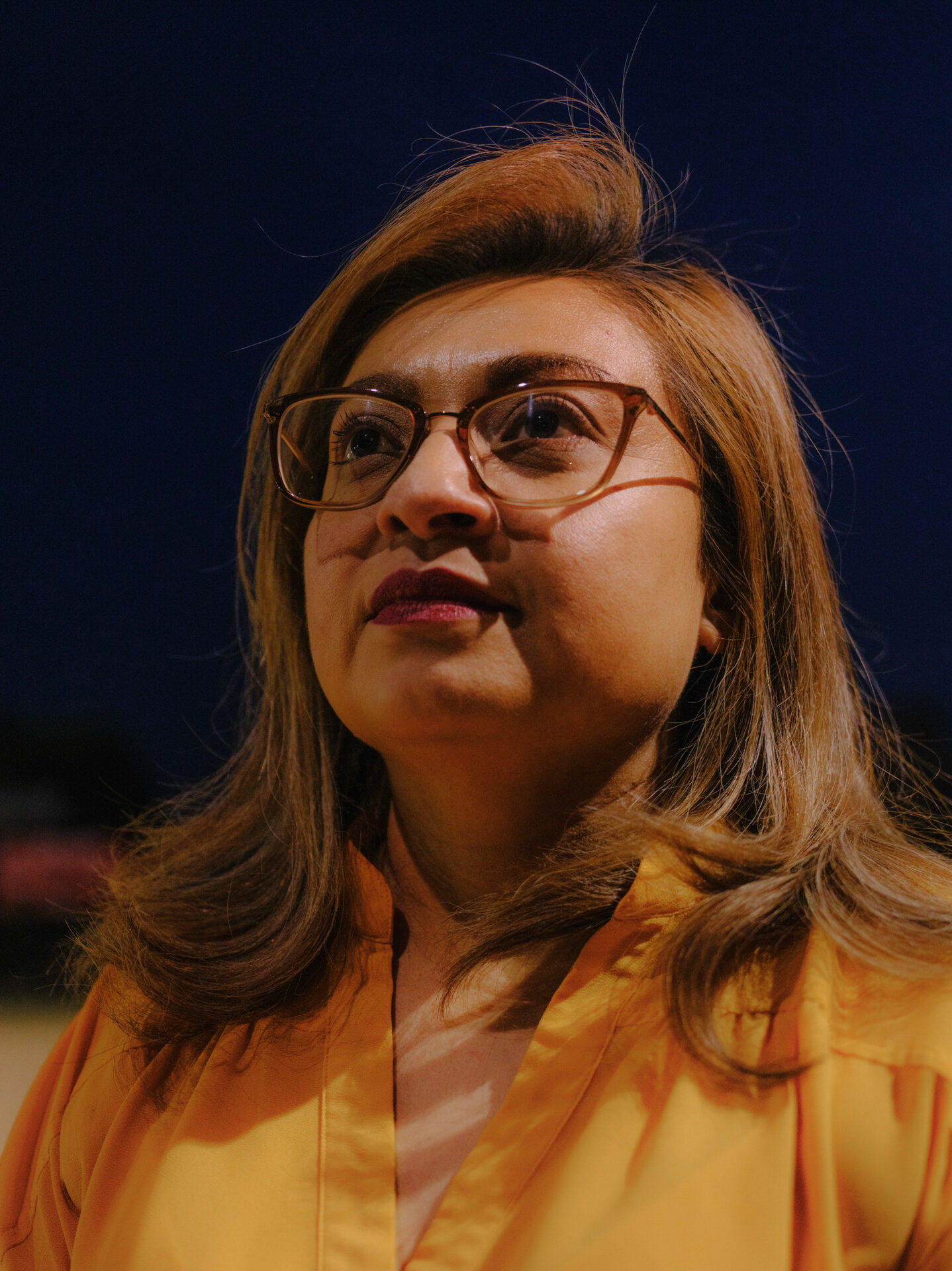As survivors in The Trace’s Chicago Storytelling Workshop prepared to publish their essays this year, a new partner joined the gathering. Michelle Navarro, a producer for City Cast Chicago, recorded the group’s final meeting and interviewed participants.
In a podcast episode released Monday, Navarro tells host Jacoby Cochran about what she learned in the workshop, which compensated survivors of gun violence and taught them to tell their stories in their own words, fueling further reporting from The Trace. You can read the essays and stories here.
“Yes they’re here to write an essay that will be published, but it’s also kind of like a support group,” Navarro says. “And for most of them, it’s their first time writing about this.”
Estela Díaz narrates the story of the shooting death of her son, Fernando Zadkiel Vega-Díaz. She tells Navarro about how, when she asked to touch his body, the police told her she couldn’t, because it was considered evidence. Because her son died on a holiday, she had to wait a few days to see him at the morgue — but once she got there, she was only asked to identify a picture of him. She first saw her son’s body 10 days later, at the funeral home. “I’ve been carrying that moment so hard, so deep in my heart that they don’t let me touch him for the last time,” she says. “This system is very cruel with us.”
Díaz also describes the support group she created for moms like her, and how she got some of them to run in a Dia de Muertos race in honor of their late children.
Jessica Brown speaks about her quest to learn something, anything, about the death of her siblings. “I didn’t know this person existed until she killed them,” she said of the offender. “It made me wonder what happened before.”
Juan Rendon tells the story of how he met his childhood best friend, Junior, who was killed at age 19 in 2012. “He was just there for everybody,” he said, “until he wasn’t.”
Navarro describes the difference between telling the stories of the death of a child and the death of a best friend. “Juan wasn’t the first call [when Junior died], but it still doesn’t hurt any less,” she says. “There is something about being in this room, with this group of people, who all understood exactly what everyone else was going through. … These are the voices that really matter.”
You can listen to the episode here.


